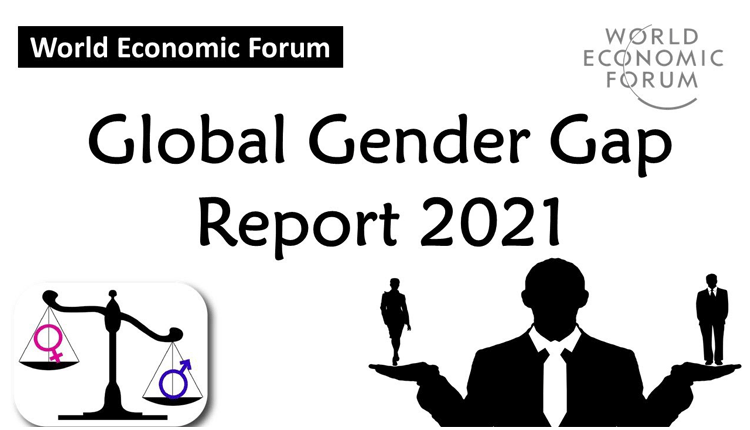Empowering women economically must be deliberate
By Phyllis Wakiaga, September 22, 2021The novelty and productivity that women bring into business is being lauded for having reverberating effects on all economies.
However, this can only be realised across all aspects of society if we achieve gender equality.
The latest Global Gender Gap Report paints a grim picture on this front. Specifically, it shall take 267.6 years to close the current global gender gap in economic participation and opportunity.
This striking number is a result of two conflicting trends. One, albeit at a slower pace, the proportion of women among skilled professionals continues to increase.
There is also progress towards wage equality. But overall income disparities still exist and there are a few women in leadership positions.
The report ranks Kenya position 84 on economic participation and opportunity.
This has been attributed to our performance on labour force participation (26), estimated earned income (38), wage equality in similar roles (61), legislators, senior officials, and managers (107) and professional and technical workers (148). This calls for the need to include more women in senior roles
Kenya Association of Manufacturers (KAM) acknowledges the role of women in driving industrial transformation for job creation and inclusive economic growth.
This is why KAM continues to advocate for an inclusive manufacturing sector, through the establishment of policies that encourage women to be key players in value and supply chains.
To realise this, KAM conducted a study to understand women’s representation in the sector, address the challenges they face and seal gaps that inhibit their participation.
The first ever Women in Manufacturing Report in Kenya not only highlights challenges facing women industrialists but it also provides recommendations to address the same.
It provides an essential foundation to champion for an enabling environment that encourages increased participation of women in industry.
Two findings stand out: First, the manufacturing sector is predominantly male-owned and staffed across all its 14 manufacturing sub-sectors, except for the chemical and allied subsector, that accounts for 50 per cent female.
Second, most women-owned manufacturing businesses are Mirco, Small and Medium Enterprises and operate in the informal sector (93 per cent of businesses in the informal sector are women-owned).
These enterprises experience a high cost of production, high cost of transport and high cost of capital outlay.
Despite the significant role of the informal sector in the economy, many of these businesses remain unable to grow into medium-sized enterprises.
To address this,KAM kicked off county-focused drive to increase the participation of women in industry and its value chain, at the beginning of the month.
Conversations such as skilling, reskill, upskilling and access to finances took centre stage whilst engaging women from North Rift region.
What stood out was the zeal by the women to produce goods for their region whilst promoting socio-economic development.
For instance, Creation Hive; a social enterprise based in Eldoret, uses recycled materials, to make various bags, notebooks and jewellery.
There is also the Epileptic Foundation of Kenya that makes items, using beads. Proceeds from the sale of their products are used to support children with epilepsy across the country.
These two are among the many organisations across the country that strive to promote socio-economic development in the community they serve.
Imagine the ripple effects they would have, if they have a conducive environment for women-owned businesses to thrive.
We urge the government to provide an enabling environment for them to thrive.
This includes providing targeted financial and tax education and exemptions for women-led and women-owned manufacturing companies.
It is also paramount that the government puts deliberate efforts to review specific laws that affect the manufacturing sector through a gender lens and creating guidelines for gender-responsive implementation is required. —The writer is the KAM chief executive — ceo@kam.co.ke
